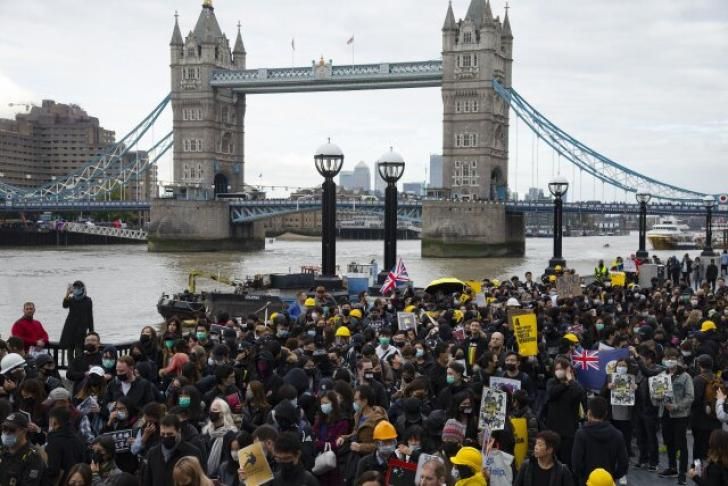Britain's human rights watchdog is to formally investigate the treatment of chronically ill and disabled people by welfare authorities, including judgments over payments that are later linked to the deaths of vulnerable claimants.
It was announced by the Equality and Human Rights Commission (EHRC) that it will investigate if ministers at the Department for Work and Pensions (DWP) had committed a crime by neglecting to provide protection to applicants suffering from severe mental illness or learning disabilities.
Labour MP Debbie Abrahams, a long-term campaigner on the issue, said: “I welcome the EHRC’s decision to use the full force of its powers and officially launch an investigation into the DWP and the tragic deaths of vulnerable welfare claimants.”
The focus of the inquiry will be on health checks that assess individuals’ eligibility for disability benefits such as personal independence payment and “fit for work” tests that qualify claimants for the disability elements of universal credit.
Kishwer Falkner, the chair of the EHRC, said: “We are extremely worried about the treatment of some disabled benefits claimants by the DWP. We suspect the department may have broken equality law. We have decided we need to take the strongest possible action and that’s why we’ve launched this investigation.”
Campaigners have for years argued that benefit assessments are poorly designed, punitive and degrading. As a result vulnerable claimants are at risk of unfairly losing benefit entitlements, causing hardship and in extreme cases with lethal consequences.
Related video: Changes to the benefits system: Why one charity is asking for change (Dailymotion)
Flawed benefit assessments have been at the heart of a number of high-profile cases, including Errol Graham, a grandfather with mental illness who starved to death alone in his flat months after having his benefits stopped.
Last year the mother of Jodey Whiting, a seriously mentally ill mother who killed herself a fortnight after her benefits were wrongly cut off in 2017, won an appeal for a fresh inquest into her daughter’s death.
Government auditors identified at least 69 cases between 2014 and 2020 where suicides had been linked to problems with benefit claims. The DWP subsequently promised to overhaul its safeguarding guidance to provide support to vulnerable claimants rather than simply withdrawing their benefits.
The investigation marks a significant escalation in the EHRC’s interest in the DWP’s treatment of benefit claimants, which has been quietly under way since early 2021 after Abrahams and other MPs asked the watchdog to examine the “deaths of vulnerable claimants by suicide and other causes”.
It was initially expected that the watchdog and the DWP would sign a voluntary agreement to jointly address concerns over the fairness of benefits assessment processes but the EHRC appears to have lost patience with ministers and has opted to mount a full-scale inquiry.
Past and current welfare ministers as well as senior DWP officials may be called to give evidence to the investigation, which is also inviting submissions from whistleblowers who worked for the department or private contractors who carried out benefit assessments, such as Maximus, Atos and Capita.
The investigation will mainly cover the period from January 2021 to the present. During this period there have been three secretaries of state for work and pensions: the incumbent Mel Stride, Thérèse Coffey and Chloe Smith, who held the post for a few weeks in autumn 2022.
Abrahams said: “I am pleased that the EHRC have now said enough is enough and will be undertaking a formal investigation. I hope this can be done as a matter of urgency.”
James Taylor, executive director of strategy, impact and social change at disability charity Scope, said: “We know just how many disabled people have a poor and degrading experience when trying to make use of our benefit system. Our welfare system should be a safety net, built on kindness and trust, where disabled people can access support. Instead, many disabled people have to fight for even basic support.”
Megan Pennell, head of public affairs at the charity Mind, welcomed the investigation: “This is extremely concerning but sadly it echoes what we hear from people with mental health problems on a daily basis – that the DWP is failing to make assessments fair for people with mental health problems.”
Anna Morell of Disability Rights UK said: “There has been a systemic failure of disabled people, and a culture of distrust, disbelief and punishment exists when it comes to the DWP providing benefits and support for disabled people.”
A DWP spokesperson said: “The government is committed to improving the lives of disabled people and our recent disability action plan sets out 32 actions we are taking to make the UK the most accessible country in the world for disabled people to live, work and thrive.
“The DWP is committed to providing a compassionate service to all our customers. Benefits assessments are carried out by qualified health professionals with reasonable adjustments available to protect vulnerable claimants.
“We take our obligations under the Equality Act incredibly seriously, including the public sector equality duty, and will continue to cooperate with the commission.”
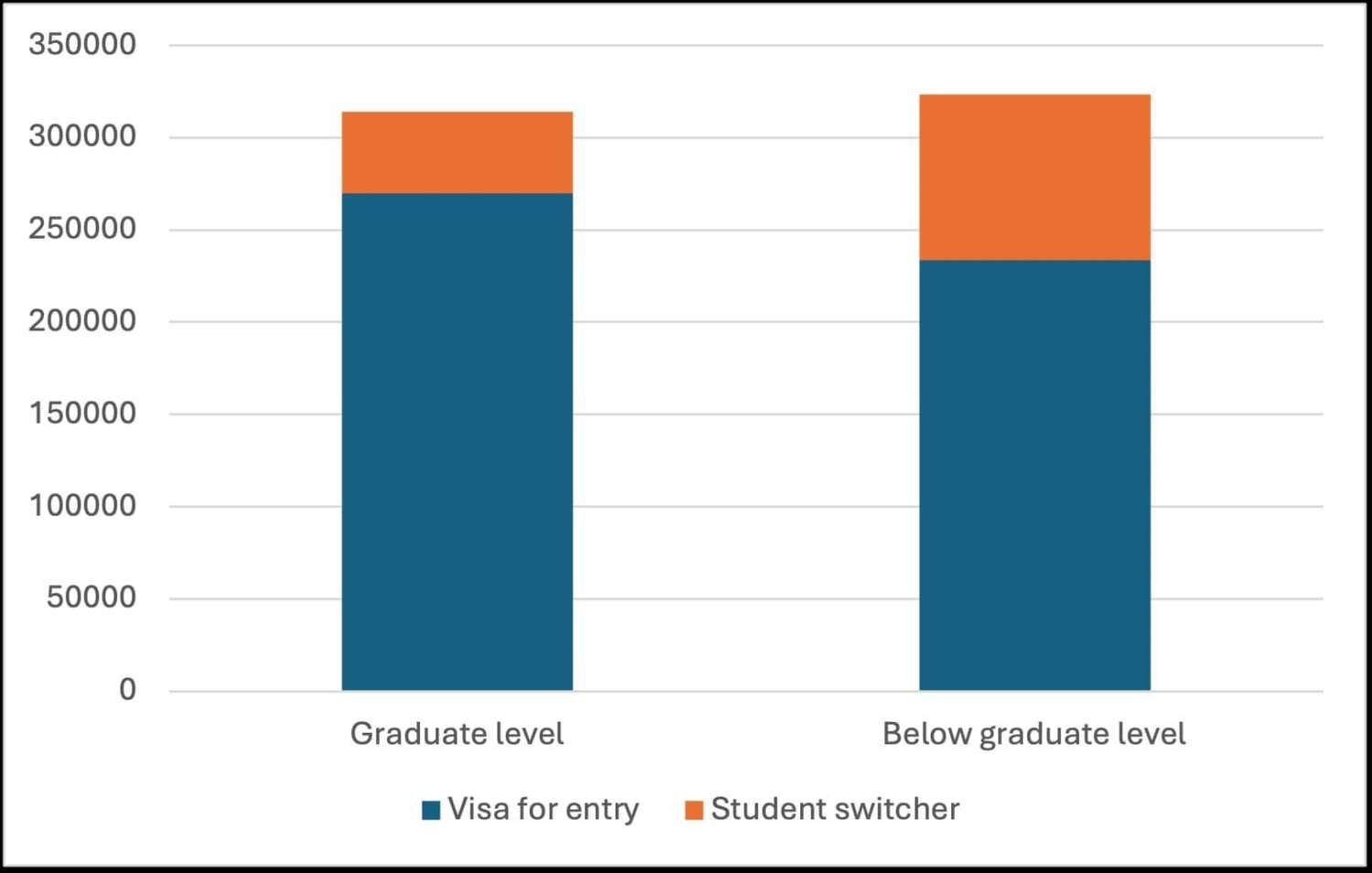
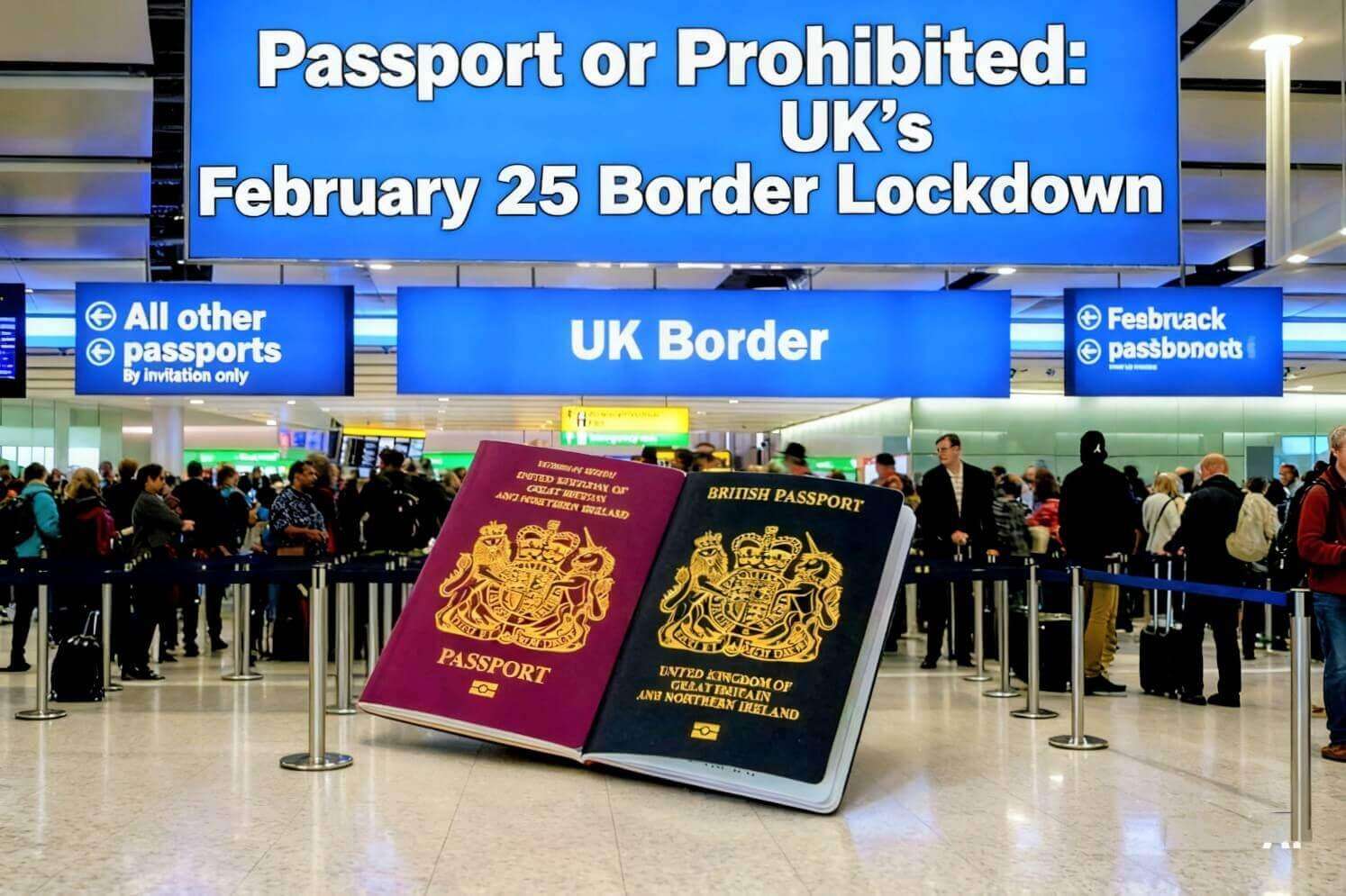

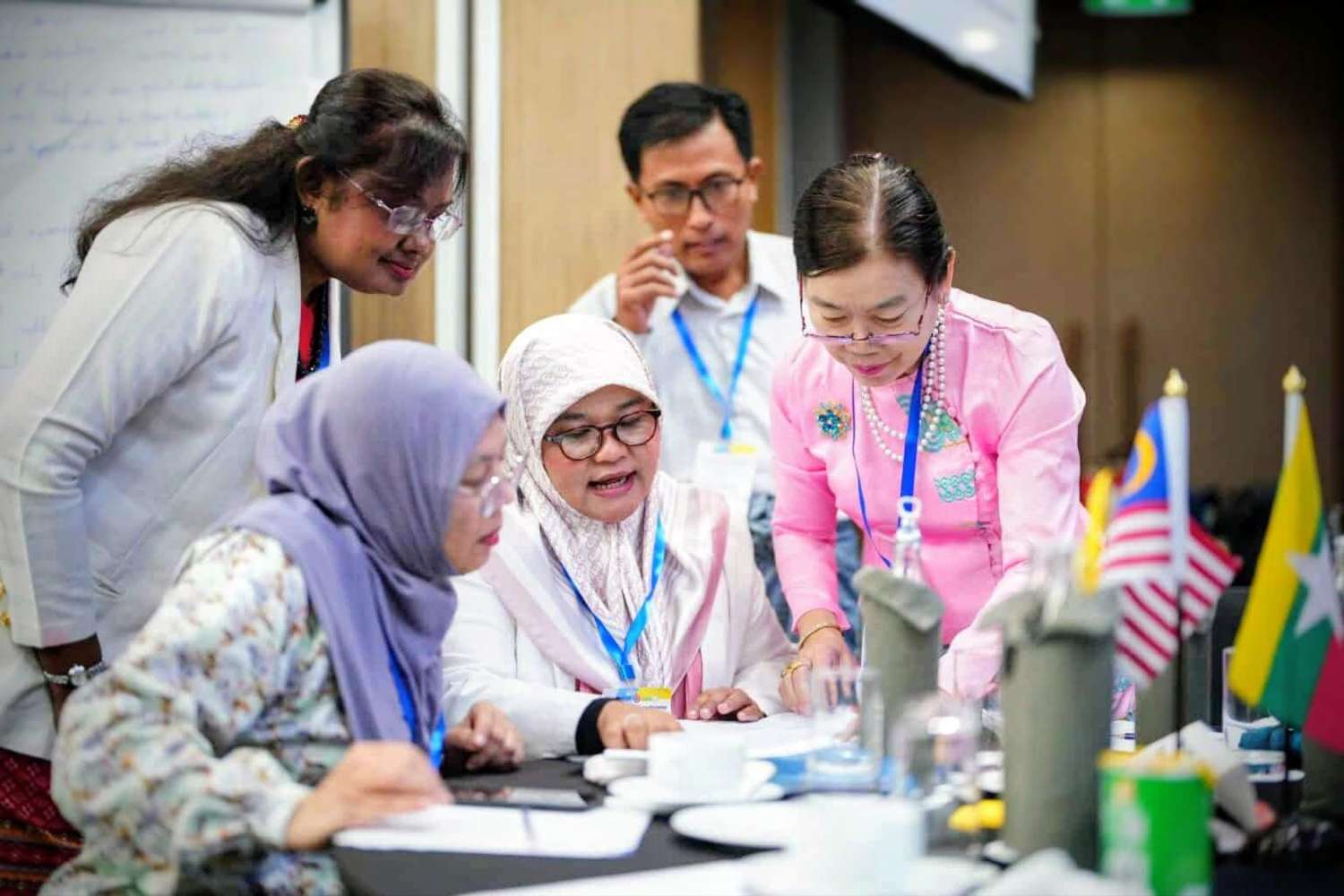
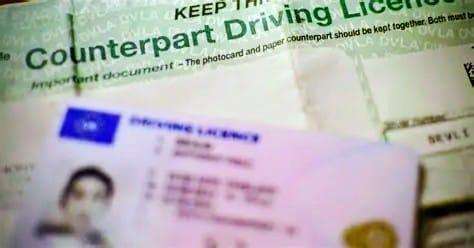


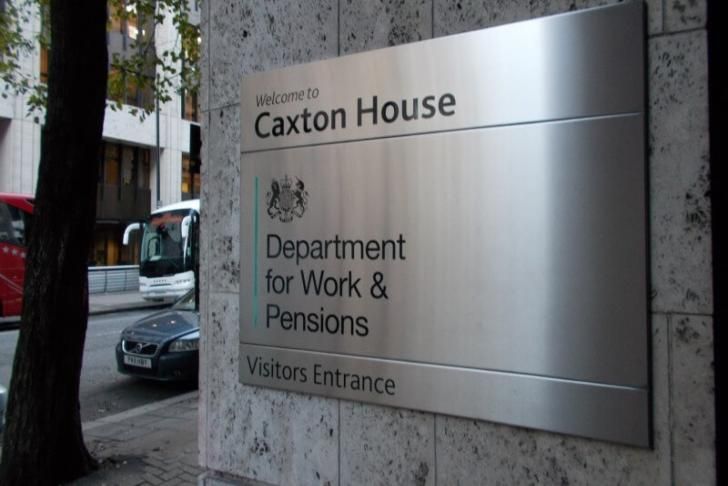
.svg)

